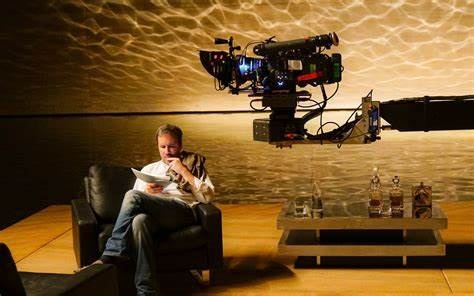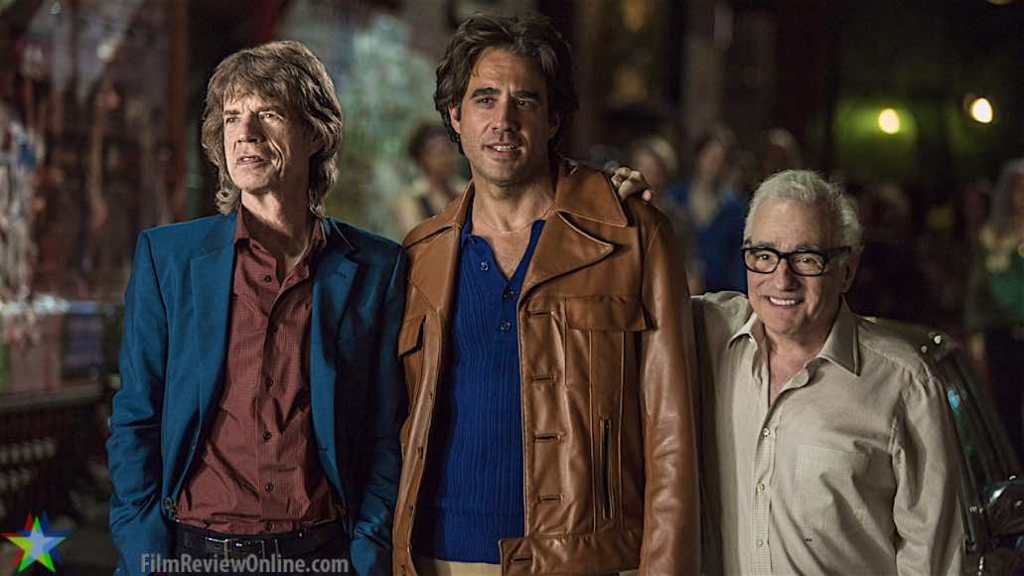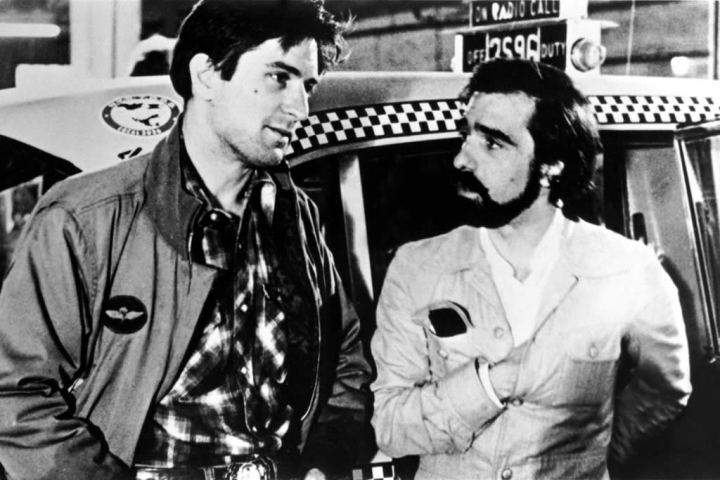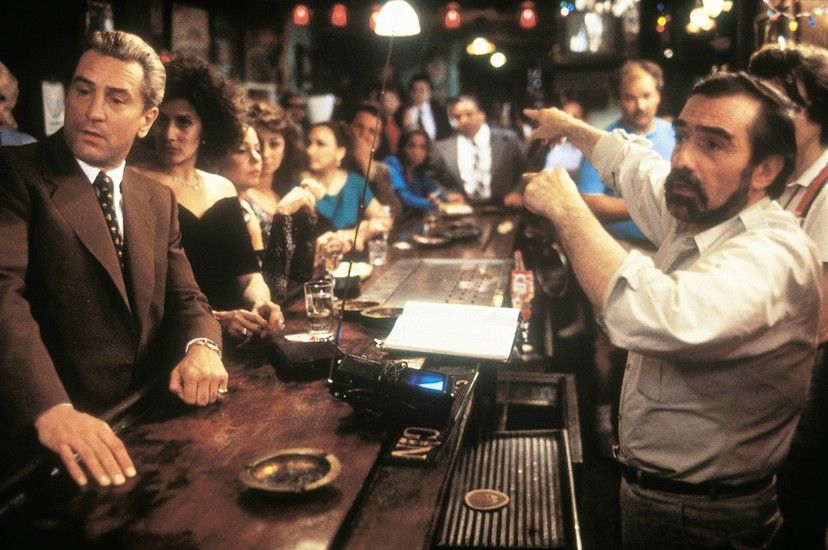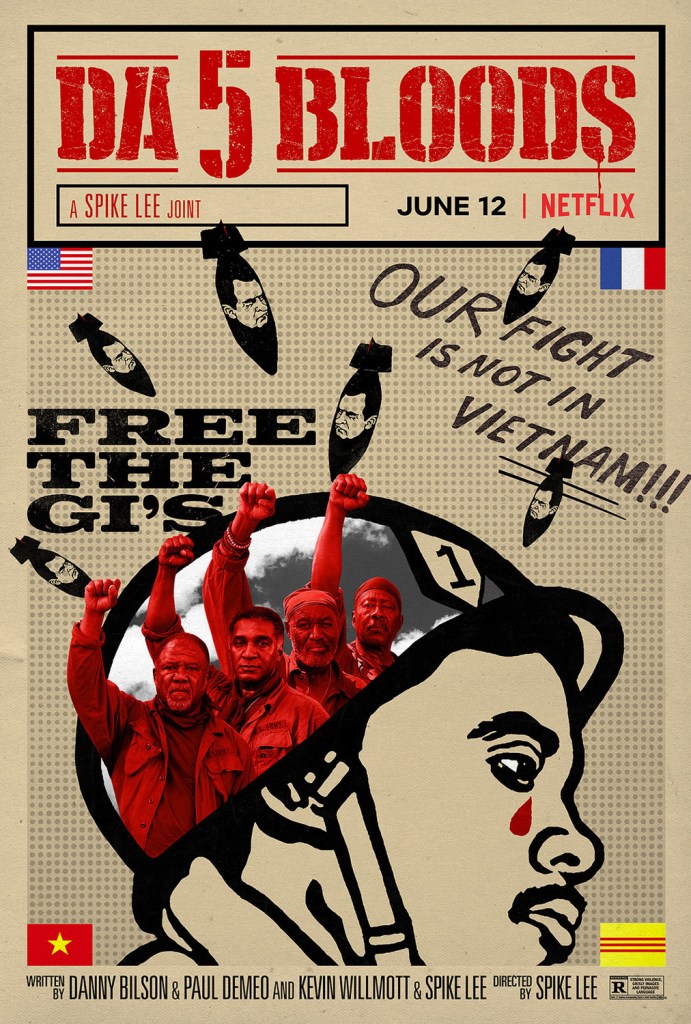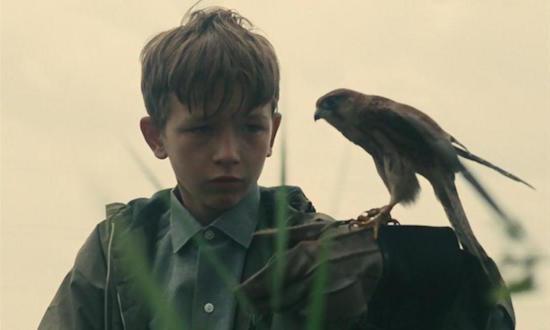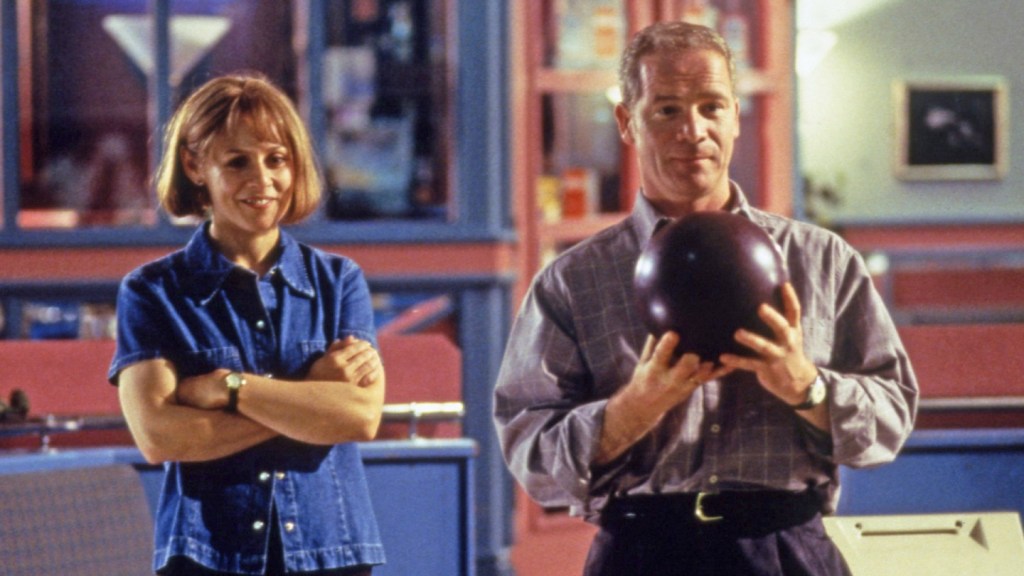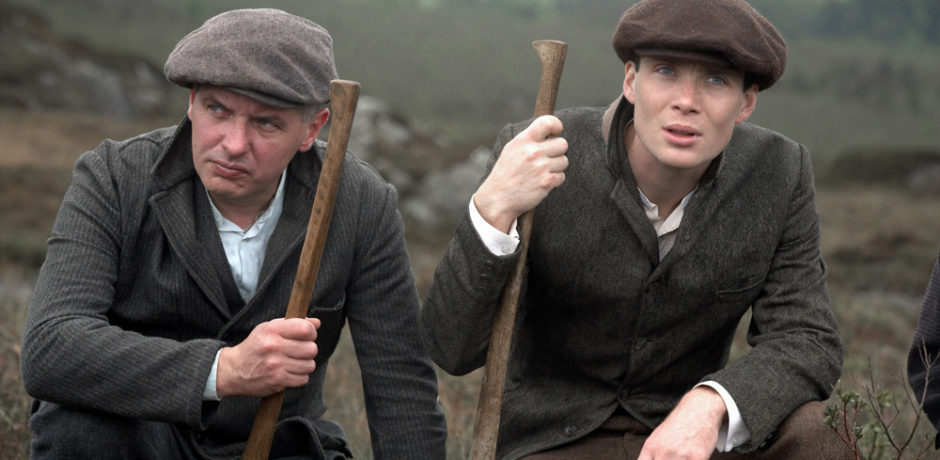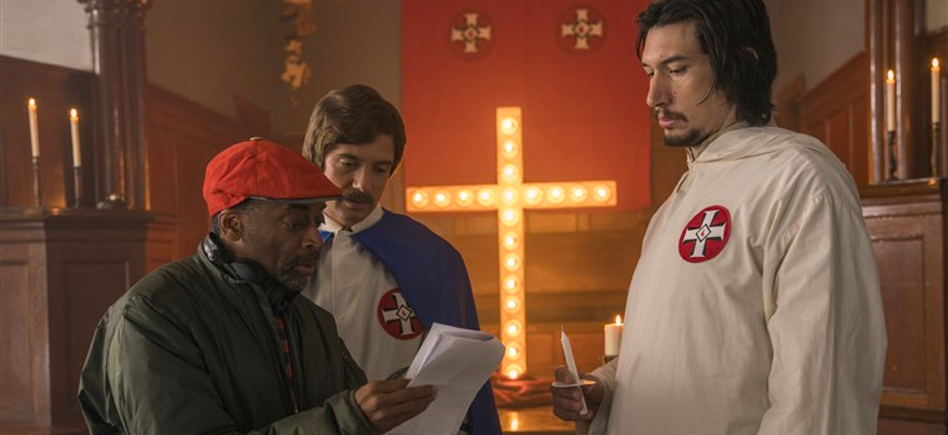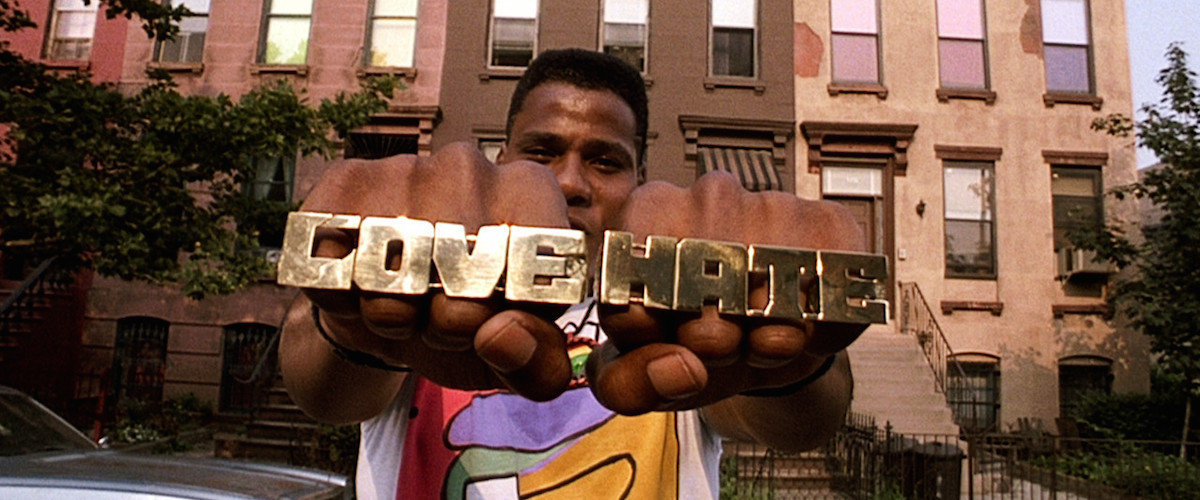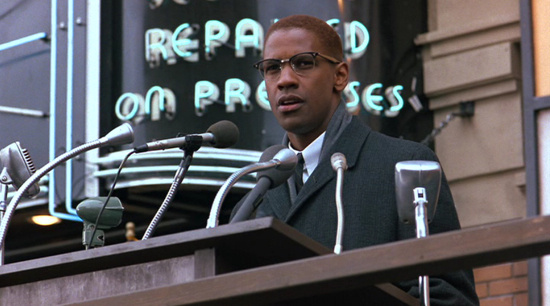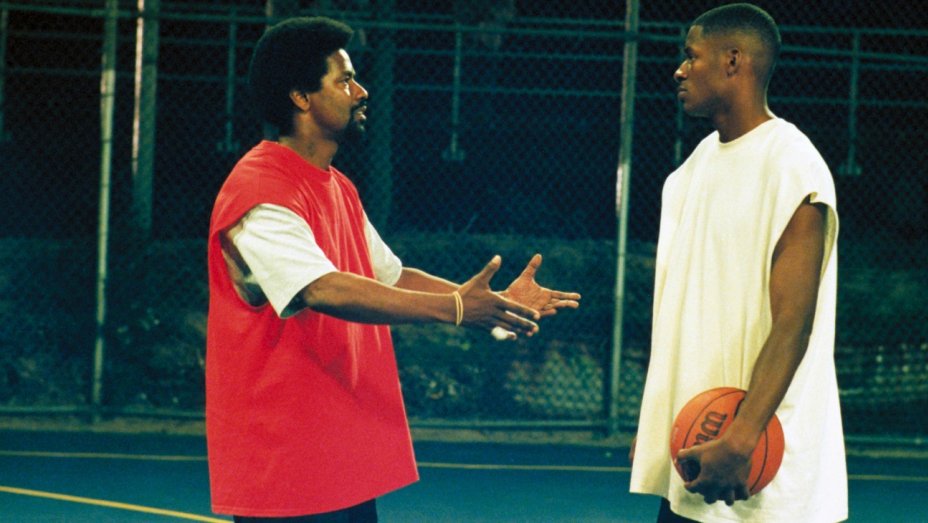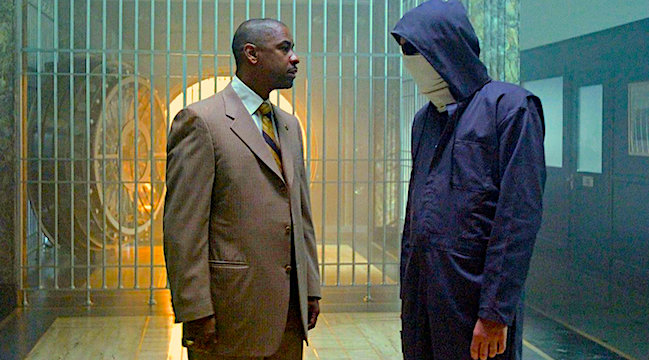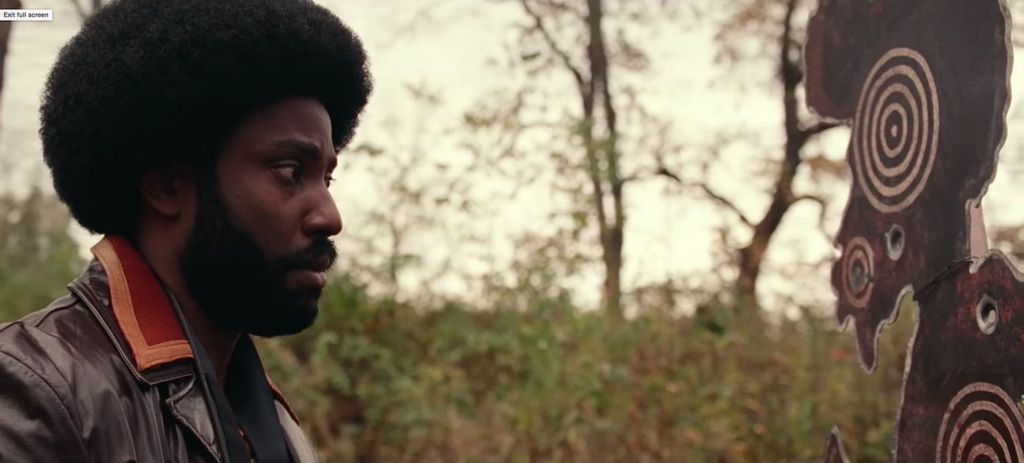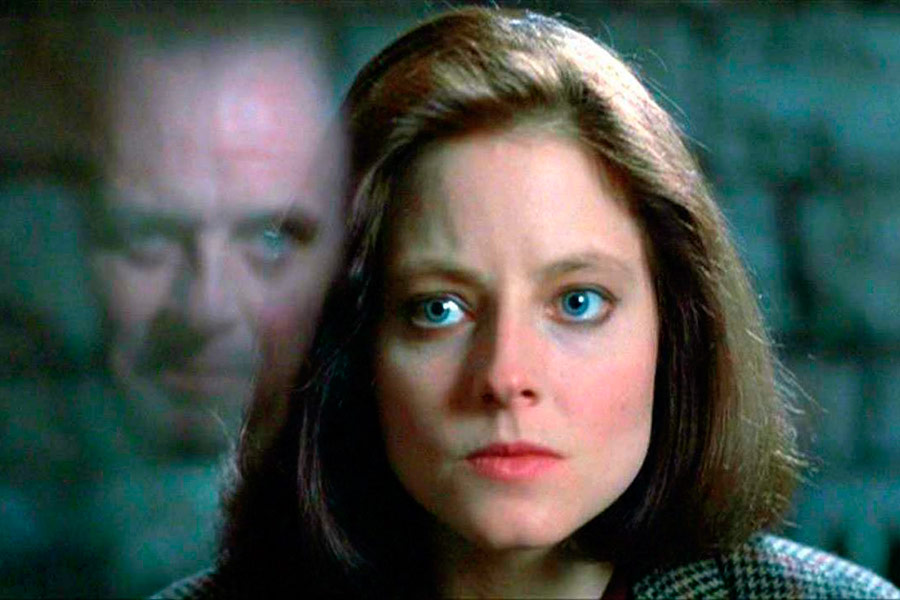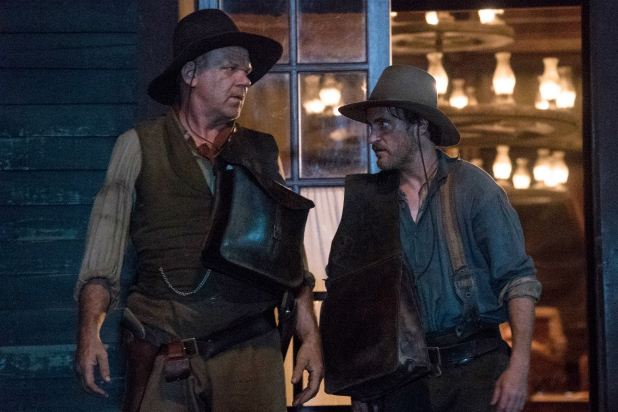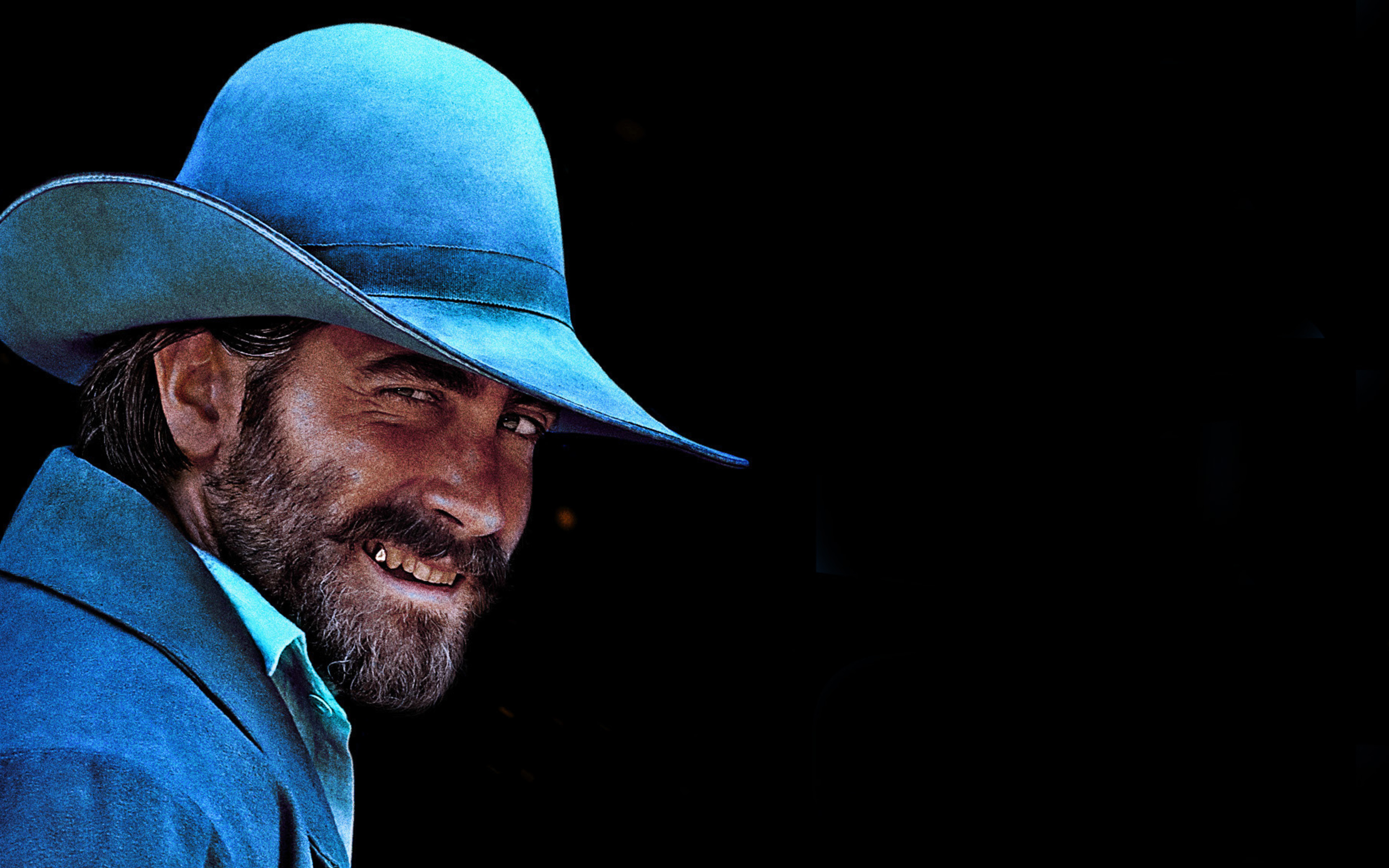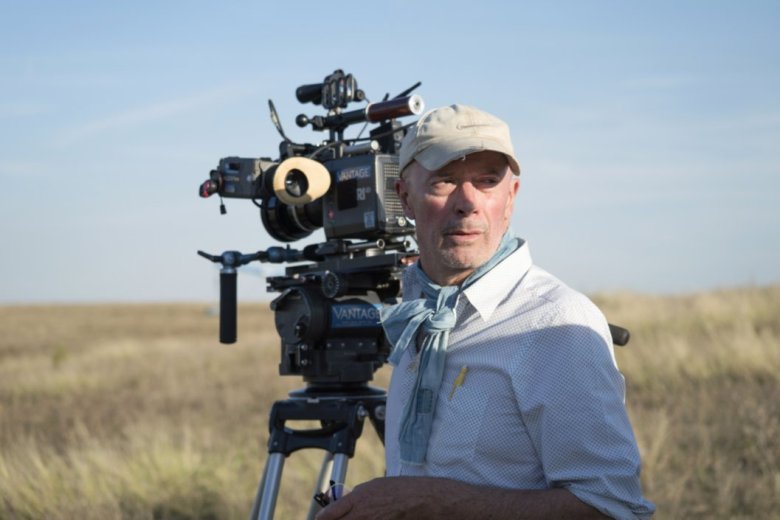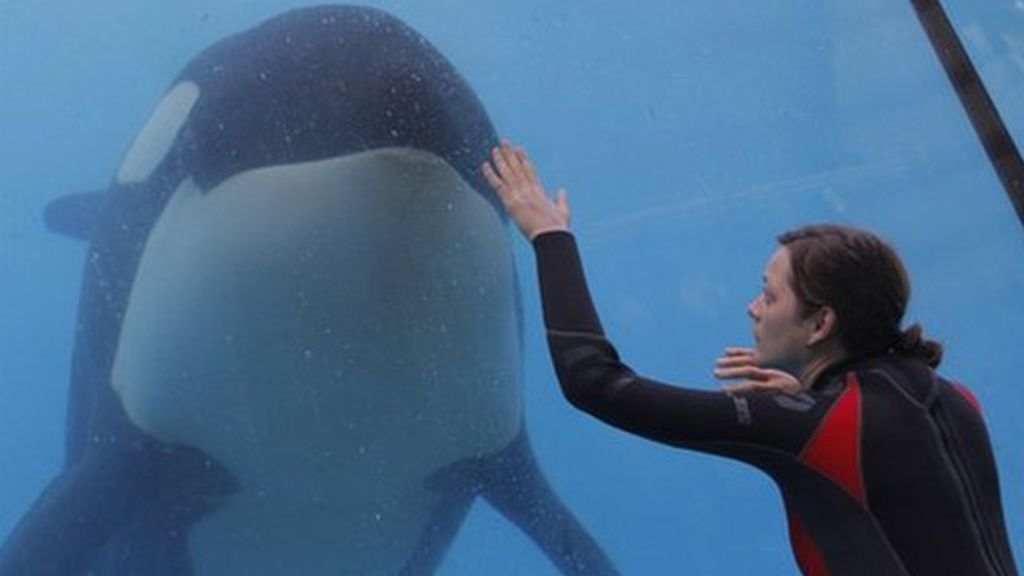MY CINEMATIC ROMANCE #24 – DENIS VILLENEUVE
With the release of Dune: Part Two (2023) on the horizon for November 2023, I thought it may be worth appraising some of Canadian filmmaker, Denis Villeneuve’s amazing directorial work in this occasional strand, My Cinematic Romance. Note, I discipline my choices to only five films.
If you’re interested, I really wanted to like Dune (2021) more. One won’t see a more attractive and technically perfect rendition of a sci-fi world in the cinema in years. But, I could not connect with the narrative or lead protagonist. Seeing the big worms which made me want to watch Tremors (1990); a far superior and shorter version of a hero’s journey.
Nonetheless, award-winning Villeneuve is one of cinema’s surest hands when it comes to intelligent and compelling genre cinema. He has the touch of a film artist and takes certain risks, but not without resorting to indulgences which alienate the audience (take note Ari Aster!) Thus, I consider and list five of his great works, which I recommend wholly if you have not seen them.
*** MAY CONTAIN SPOILERS ***
POLYTECHNIQUE (2009)
This is a harsh watch. Any film about mass shootings is never going to be an easy experience to stomach. Still, it’s nothing compared to the sadness of those whose lives were struck from existence. The 1989 École Polytechnique massacre (also known as the “Montreal Massacre”) is re-enacted here in stark black and white film stock. The wintry setting and the cold-blooded murder of the events combine to create a heightened vision of anxiety cinema. Villeneuve objectively documents the massacre with a distance that paradoxically raises the emotions as opposed to lessening them. A film which you makes us confront the horror of humanity.
NEXT FLOOR (2010) – short film
Created by producer Phoebe Greenberg and directed by Villeneuve during a break from making feature film Polytechnique (2009), this devastating short film with its commentary on the horror of greed, is most likely an influence on grisly Spanish prison film The Platform (2019). One wishes Villeneuve would make a horror feature. I’d prefer to see how that might turn out than Dune.
INCENDIES (2010)
Incendies (2010) is the probably the best film you haven’t seen. If you have seen it then tell more people to see it. Spread the word on this incredible film. Villeneuve directs in an intelligent way, retaining empathy and emotion for both protagonists and antagonists devoured by war. Nawal Marwan’s story is especially heart-breaking and she is given a moving portrayal by Lubna Azabal. Nawal’s story is one of astounding power as the character experiences the hell of loss, war, torture and death. One which will shake you to the core for days and weeks and maybe even years!
PRISONERS (2013)
A superlative crime script written by Aaron Guzilowski has one of the best ensemble casts seen on screen in years, notably: Hugh Jackman, Jake Gyllenhaal, Viola Davis, Maria Bello, Terrence Howard, Melissa Leo, and Paul Dano. The story is absolutely compelling with a plot so tightly wound, you’re almost throttled throughout by the mystery and suspense. Jackman is especially truthful, playing a flawed everyman who obsessively, quite understandably, searches for his missing child. Dano plays another convincing outsider as the main suspect, while Gyllenhaal is, as always, brilliant as dogged cop, Detective Loki. Villeneuve proves once again he is one of the best directors of actors working today. Prisoners (2013) is a masterpiece of crime genre cinema.
ARRIVAL (2016)
The intriguing premise, brilliant script, ambient score, stylish effects, subtle cinematography and purposeful direction make this one of the best science fiction films of recent years. It is an intelligent and emotional science-fiction drama with a beautifully constructed narrative which constantly surprised and moved me. It also asks big questions on the nature of time, existence and love; informing us that not all extra-terrestrial life in movies has to be monstrous and deadly. Above all else Villeneuve, Amy Adams and screenwriter Eric Heisserer gain sheer kudos for creating a beautiful and moving love story.


